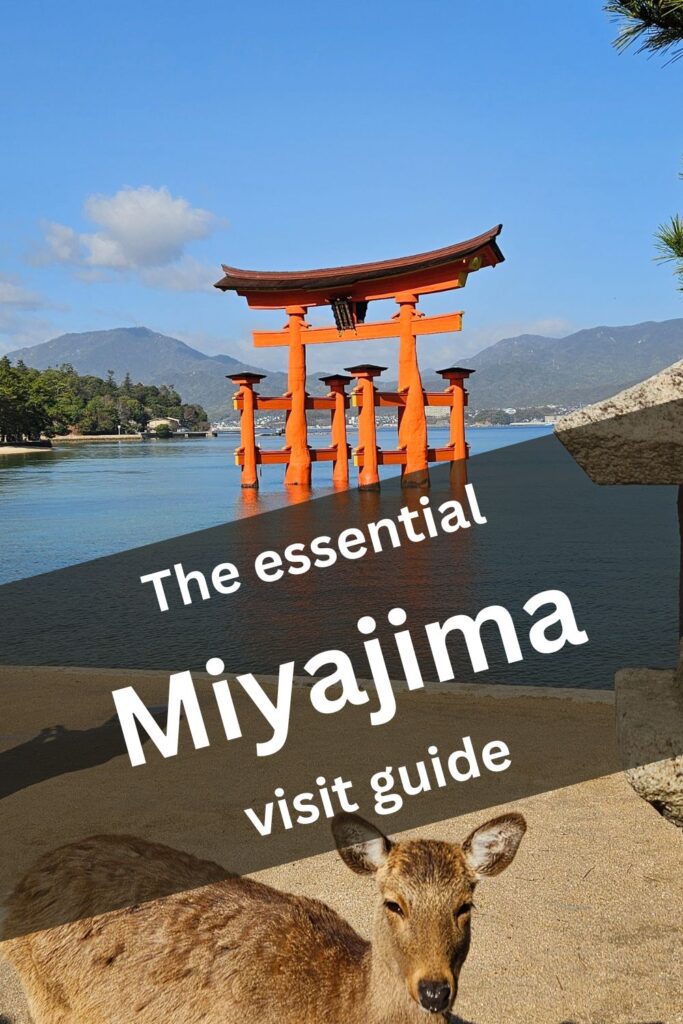Is it better to have a detailed plan and knowledge of a destination? Or just wing it?
There is a deceptively easy answer to this but it really is a conundrum. On paper, it’s always better to know as much as possible in general, but especially when visiting a foreign land, it doesn’t always equate to the best experience.
A lot of our joys come from serendipity—that sudden bewilderment found after a random wandering, which brings awe. Many of the things we love, including love itself, were discovered by chance and a big part of what made us fall in love with them was their discovery.
I remember one of my fondest memories being when I was 17 and in Sydney. There were no phones back then, and I was just a kid who wanted to have a walk around. I walked for a little bit around the hotel, immersed in the skyscrapers of the downtown business district, when I suddenly reached an opening. It was Sydney Harbor, and to my right, I saw the white sails of the Opera House over the bay. I stopped at one of the many cafes and had a drink. It was a moment of pure elation. When I returned twenty years later, and being a bit more adult (and dare I say boring) with respect to a young carefree kid, I actively walked towards the harbor. I went through the park, my eyes fixated on the surroundings but also on the horizon, waiting to see a glimpse of the opera house. When I reached the opening and saw it, it was wonderful but not what I expected. That same peak experience wasn’t there.
The first time was a chance encounter, and I would have gone to visit it the next day anyway, but there was a special feeling of being surprised. And this might arguably be the entire reason to travel in the first place.
There is a parabole from the German philosopher Nietzsche that talks about the Three Metamorphoses. It has nothing to do with travel but I think it can be applied to almost anything and has to do with cycles and becoming. Without going into details and sticking only to the last part, the last existential metamorphosis that should be aimed for is to become a child. That being, after the previous phases, which have weighed down, transformed, and elated, and then destroyed it, starts the cycle again as a child filled with wonder. With wisdom and knowledge in their hearts but also a carefree look at life, which really allows you to enjoy life and everything it has to throw at you, the good and the bad. Especially the bad.
So how can we travel in a responsible, safe, and knowledgeable way while still seeing the world through the eyes of a child?
It’s not an easy question to answer. After all, without knowledge, we might miss entirely certain things. How can we know what we do not know?
For example, say that you have lived under a rock and do not know about the Sistine Chapel. You go visit the Vatican and enter the large room. Perhaps you are uniquely lucky and there are no other tourists, so you simply walk by without ever raising your head to look at the actual attraction of the place. You exit and have nothing to say.
But knowledge can also tamper with experience. It can raise expectations to unreasonable levels. A common example is the Mona Lisa painting in the Louvre. It is arguably the most famous painting in the world. Everybody knows it. Everyone has seen it in one way or another. It has entered our cultural zeitgeist. Those who see the real painting often have a single remark: it’s small. The expectation of grandeur can ruin the actual experience.
So there is no easy answer. What I try to do is always try to look for that surprise and bewilderment. The way I approach travel is to look beforehand at what “needs” to be seen. If it is something I generally know a lot of, I try to get as little information as possible, just as much information as is barely needed, basically only where to go. For example, I know my fair share of Greek mythology and ancient history. As such, I will go to see the Parthenon and Acropolis with as little information as possible, so I will be amazed and surprised at first sight. There, the knowledge that I already have will allow me to appreciate the details, understand the stories, and learn and “discover” them on my own. This gives a sense of exploration.
On the other hand, I know very little about Asian mythology. As such, I will want to have as much information as possible on what I am about to see so that I don’t completely skip over things without realizing their significance. I don’t want to be in front of depictions of Mount Meru or the Monkey King without having any clue about what I am looking at.
Sometimes this works, and other times I remain in ignorance. And sometimes, yes, I completely miss important attractions.
But the times that it does work, the peak experiences manifest themselves and remain there for a lifetime, carved and forever etched into memory.
Moments where true wonder was witnessed through a random wander.




